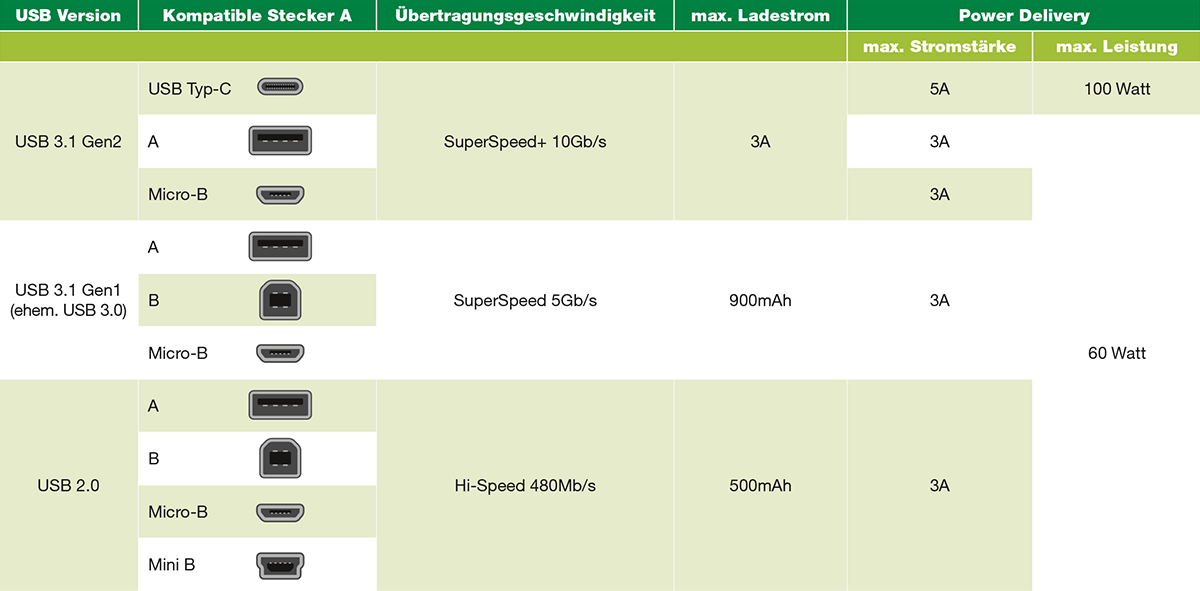There are some 5A cables with 0.5, 1.0 and 1.5 meters:
https://www.delock.de/produkte/S_85814/merkmale.html
https://www.delock.de/produkte/G_1764_USB-Type-C—Stecker—-USB-Type-C—Stecker.html
lindy.de/0-5m-USB-3-1-Typ-C-Kabel-5A-PD-Anthra-Line.htm
lindy.de/0-5m-USB-3-1-Typ-A-an-C-Kabel-5A-PD-Anthra-Line.htm
https://www.lindy.de/websale8/?Ctx=%257bver%252f8%252fver%257d%257bst%252f40d%252fst%257d%257bcmd%252f0%252fcmd%257d%257bm%252fwebsale%252fm%257d%257bs%252fld0101%252fs%257d%257bl%252fld0101%252fl%257d%257bmi%252f800503%252fmi%257d%257btpl%252fws%255fsearch%252ehtm%252ftpl%257d%257bmd5%252f74cfec6d2130f9912d250872f009e8d7%252fmd5%257d&tpl=ws_search.htm&search_input=PD+5A
Check out this table:
